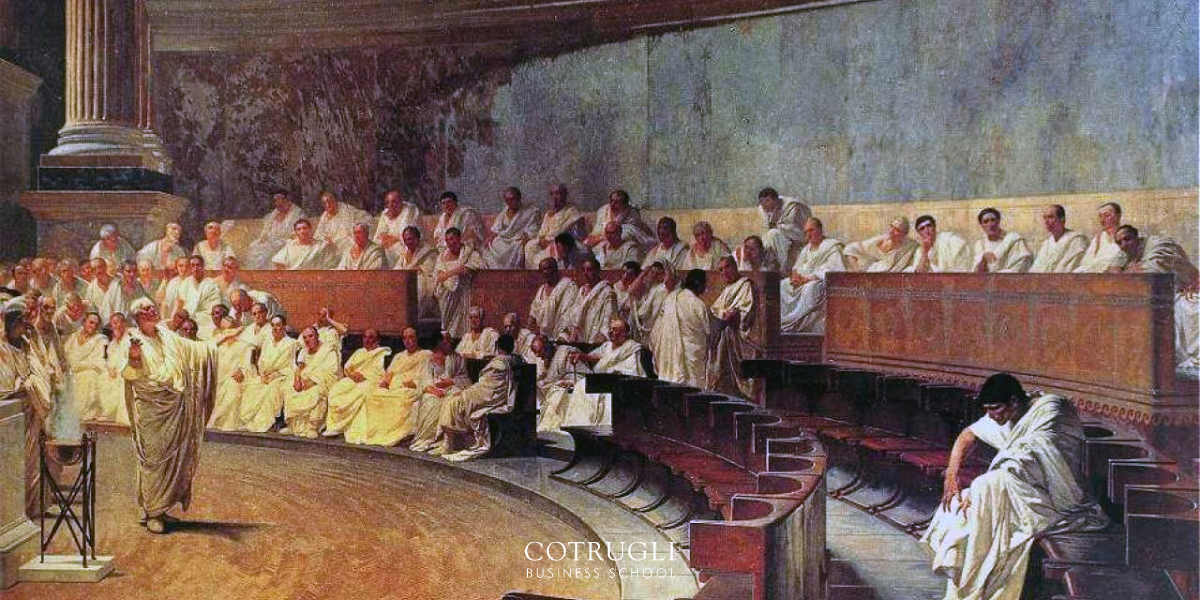Elite Financiers of Ancient Rome: Patricians and Partnerships
Last week’s blog explored the world of Roman bankers and professional money dealers. This week, we turn our attention to the financial activities of Rome’s elite.
The Patricians
The patricians—Rome’s landowning elite—dominated political and social life. They earned income primarily from vast estates and public office, but many also engaged in finance. Seneca, the Roman philosopher and statesman, once described a fortunate man as one who was “sowing and lending a lot.”
While their noble status discouraged direct involvement in trade, the profits were often too tempting to ignore. Instead of conducting business openly, patricians used the patronage system to channel their financial interests. They lent money to slaves, freedmen, and clients under the guise of support or friendship.
Loans to slaves and freedmen were called peculium. These were typically small amounts used as seed capital to start a business. If successful, the recipients repaid the debt, bought their freedom, and retained the business. Some individuals even sold themselves into slavery just to gain access to these financial opportunities.
Patricians also provided business loans to clients, especially to their closest associates (amici or “friends”). Though labeled as gifts, these were effectively investments that required repayment. This discreet form of financing explains why many businesses in ancient Rome were operated by slaves and freedmen.
The Role of Societas
To engage in larger ventures, Roman businessmen often formed legal partnerships known as societas. These partnerships allowed participants to pool resources, share control, and divide both profits and losses.
A societas created joint and unlimited liability among partners. Because of this risk, people typically formed them only with those they deeply trusted. The partnership dissolved automatically if a member died, went bankrupt, or voluntarily withdrew. These limitations made societas impractical for large-scale or long-term enterprises.







